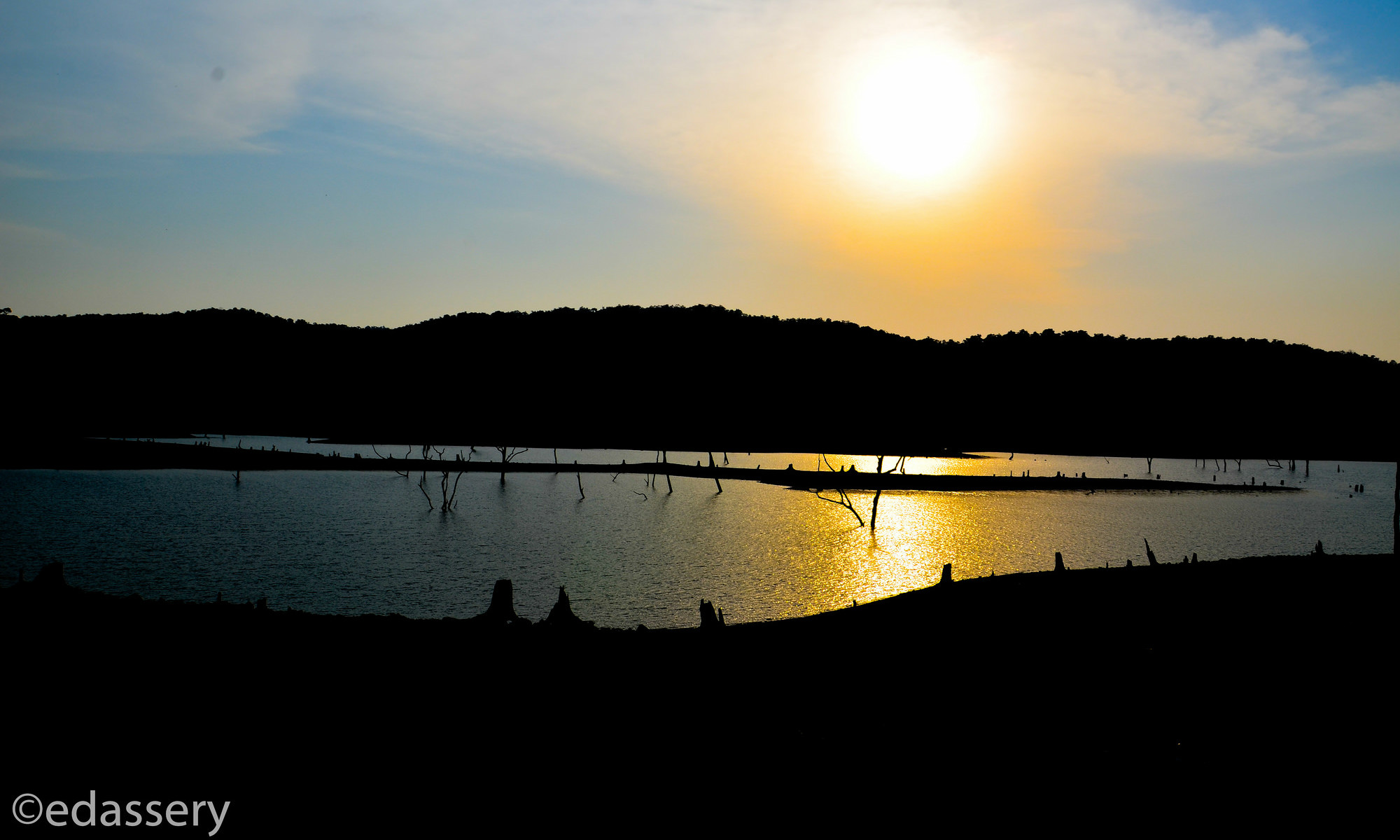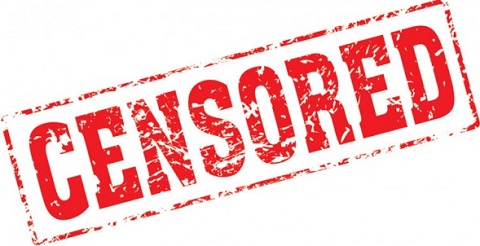Once you had some awesome friends! First, they came from your neighborhood – fondly known as your chaddi buddies. Then you got introduced to more friends during your happy times such as family events, religious festivals or community celebrations. As you grew and joined school or college, you made many more wonderful friends and by the sheer length of our educational system you really got to spend a lot more time with your friends than your parents and siblings themselves. When you got a job, you probably made a few friends at your workplace as well and still more in the new community where you lived with your own nuclear family. Needless to say, most of your friends were from multiple religions and regions with varying social backgrounds and political views; some even spoke a different language than yours!
As you grow older, the maturity level of friendships at different stages of life was expected to improve and the acceptance of the above-mentioned diversity was instrumental in maintaining those friendships. And it did work that way too as most of your discussions were face to face and healthy despite political, religious, and cultural differences. Whenever you thought your discussions went astray or not in the right spirit, you could feel the same and you (or others in the circle) intervened immediately and took corrective measures. And most importantly, you still used all your senses in maintaining relationships!
Then the (Online) Social Networks came into existence which gave you a wonderful opportunity to (re)connect with all your friends from the past and present. Due to the ‘open nature’ of these networks, you discovered new friends, acquaintances and even strangers who eventually became your friends! The technology suddenly became so good and handy. You could not only share photos, audio and video from your own personal life but from other individuals, media or publishing houses too! The concept of ‘viral’ came into play and the new generation media tapped into every opportunity to dig out sensational topics, manufacture news, create #hashtags, and send the same to you so that you can share it with your ‘audience’ (not necessarily friends) as well. You became ‘carriers’ and ‘propagators’ of such thoughts and opinions that weren’t originally yours. Campaign houses, News curators and Content creators rejoiced at your cost. The more sensational the story was, the faster it spread! And you really enjoyed playing your part in spreading it – sometimes even unverified and far-from-truth content too, because you were already bought into a plan!
But you didn’t notice one thing! Your relationship with your friends was somehow getting affected on the Social Media (and hence outside that domain as well) without you having a clue about it.
And how exactly did it happen?
- On the Social Networks, the difference between your family, friends, acquaintances and the general public was fast disappearing and for you everyone was the same – i.e. your audience!
- Due to the above reason, you thought your audience would relate to your favorite topics as well – be it related to your Religion, Caste, Political Party, Modi, Rahul, Kejriwal, Beef, AwardWapsi, Khan or Kher
- You were not really reading your audience with all your senses open (lost opportunity with technology?) and hence your views were mostly one-sided or skewed. You just clicked, touched, liked, shared, and LOLed for everything (and used your brain lesser) with the technology created separation between you and your audience
- Due to the above mentioned separation, you could strongly tell things that you wouldn’t otherwise tell to someone in your face-to-face discussions or chitchats! You were not inhibited when it came to openly venting your extreme views on sensitive topics such as Religion, Politics, Racism etc
- Once you were opinionated, you would argue endlessly, would use strong words and would try every bit to convince yourself and your audience that your point of view was always right! You thought you were the most logical person in the world. The Social Media proved to be a great platform for even the shyest person in real life to be highly logical and open! Of course, you were logical – in a set that contained just you. i.e. { you } 🙂
- Eventually, your Online Social Circle became a bunch of those of who ‘liked’ and ‘agreed’ with you and the ones who didn’t. The harmless Social Media ‘Like’ suddenly started getting another meaning. Since you ‘liked’ those who agreed with your views, you even started ‘Hating’ those who didn’t buy your views! In short, ‘I don’t agree with you’ became ‘I hate you’!
- Some of your real life friends who couldn’t agree with you kept quiet, some just ‘emoted’ it, some commented with mild displeasure and some reacted vehemently; And some of them actually started disliking you!
- Many open facebook groups became war grounds of different viewpoints and private WhatsApp groups of school/college friends became bullying camps!
And the end result – You sulked at work and home, your blood pressure levels raised, your health was at risk and most importantly, you lost some good friends! The funny thing is that, you didn’t even realize your Gods, Religion, Political Party, Modi, Rahul or Khan wouldn’t fetch you real friends or mend broken relationships!
Ever thought what did you actually fight for and what would you lose at the end?
Some Tips for Maintaining the Social Media Decorum
Listed below are not exactly the ultimate Social Media guidelines but some tips that may help you in maintaining your relationships on Social networks.
– Make sure that your posts are relevant and addressed to the right audience – i.e.Your friends, acquaintances, public etc.
– Before submitting each post or comment, double-check your language – not only for grammatical errors but more to see if you are using strong or abusive words.
– Avoid forwarding unverified content and twisted facts. These days, the media and the social media campaign houses/publishers of political parties and religions are so damn good at twisting facts and projecting incomplete views.
– If possible, forward the original news than the fabricated versions of the same
– Avoid forwarding spreading hate content in public forums (highly debatable topic) even if it may be deemed acceptable to most of your audience. If it hurts even one among hundred, it’s still objectionable!
– Topics such as Politics, Religion etc are best avoided on your School-College-Family groups on Facebook or WhatsApp, unless you have created the group to discuss only those topics
– Keep the diversity of your audience in mind even within a single focused target group.
– Before making each comment, make sure that you are being relevant to the original topic.
– Avoid following up or replying to your own replies on Indian online news sites. In order to increase traffic to their sites, they will intentionally create controversial topics and sometimes lies. Further, there are so many paid commenters of various religious/political groups working on such sites.
– Use private messaging to deal with those who abuse. You don’t need to go down to their level to win an argument or a point! If he’s your real life friend, you may want to forgive him for a few times, others deserve to be blocked or banned.
– Do not stretch each argument beyond two replies. If you can’t convince or win over someone in two or three comments, you can’t win in even 20! In such cases one of them might be wrong too and it could be you! Even if that’s not the case, it’s better to give up as there’s no point in winning on ego grounds.
– There’s no need to click obligatory ‘Likes’ and try to avoid unnecessary threaded comment series such as “Good one -> Thank you -> You’re welcome -> :)” that don’t add any value to anybody.
– Avoid following those who spread negativity or hatred even if they are your friends.
– You can still have ‘Social friends’ without following them.
– Be ready to ‘unfriend’ acquaintances if the friendship don’t make sense any longer.
Intolerance and the Social Media
So, everyone in India is talking about tolerance and intolerance now. In my opinion, many of the intolerance issues existed in India much before 60 years of Congress rule or 18 months of Modi government. It goes very well back into our history – before independence or for that matter even before the British invaded us, we had our issues. Our ancient ‘Varna’ system, several religions, 1000s of castes and 100s of languages and their numerous dialects were always the perfect recipe for intolerance. It’s just that many of the unfortunate incidents in the past didn’t get any visibility or viral coverage in the old generation media. Now, it’s the exact opposite situation wherein each and every incident – small or big – is spread, participated and reacted by millions of people in no time in the context of the new generation media. Unfortunately, you are being party to the whole commotion, sometimes, without even realizing it. So, who’s to blame here?
If you still don’t understand intolerance, it’s staring at your screen right now! 😀
Modi may or may not become the best PM of India! Rahul may or may not quit politics! Khans may produce hits and flops! But lost friendships may not come back to you. Think about it…

